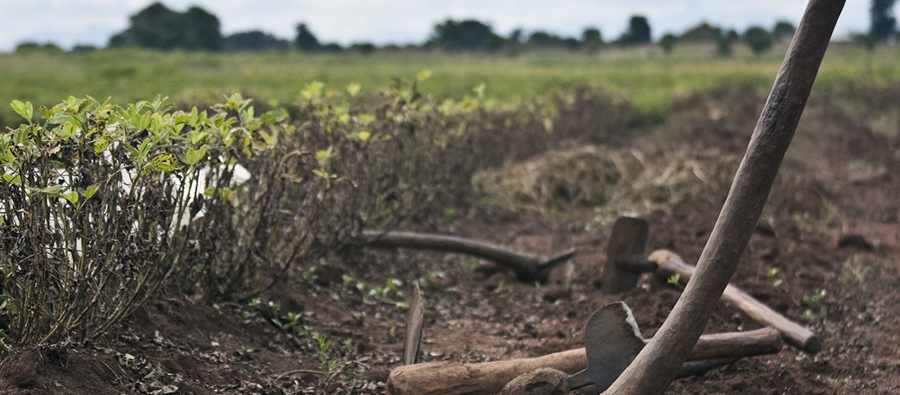Theo de Jager, President of World Farmers Organisation, brings the perspective of farmers to the climate change debate. This guest-post is part of Farming First’s ‘Farmers Taking Action on Climate Change’ campaign for the COP25.
No one is more vulnerable to climate change than the farmer is. And no one can do more, in less time, to mitigate and adapt to climate change than farmers. Therefore, since their present and future is at stake, it’s crucial that farmers voices are represented in the global dialogue, especially at key events like the 25th Conference of Parties (COP25).
As a farmer, I have experienced the effects of climate change first-hand. I farm in the northernmost parts of South Africa’s Limpopo province, harvesting crops that include avocadoes, macadamias, lychees and mangos. My main income, however, comes from tree farming. In fact, we’ve just planted trees to be harvested in 2035. By then, the variety we plant may no longer be the best for the area. The weather’s becoming less predictable, the soil has got a little drier, and rainfall is dropping year on year.
Because of this, I have started to practice new techniques that can help my farm combat the causes and effects of climate change. For example, I have stopped burning the farming residues left behind by my timber harvest. Instead, I make space for new trees in the spaces in-between. Burning residues would release harmful, black carbon into the atmosphere, and this way, the nutrients in the soil are preserved and moisture is locked in. Similarly, I have stopped tilling the soil on my farm for more than a decade to prevent any carbon that has been sequestrated from leaking back into the air again.
These kinds of climate-smart practices can have a powerful impact if enough farmers adopt them. This is where policymakers can make a real difference. The right policies and legislation will make it much easier for farmers to adapt to and mitigate against climate change, all while remaining profitable and sustainable.
However, farming differs between regions and across continents. A one-size-fits-all answer will not work. Climate-smart solutions will be vastly different in Africa and Asia than the ones in Latin America. Flexibility is needed to accommodate for the solutions that are appropriate to their regions.
There are roughly 3.3 billion farmers on the planet and they collectively are the second largest emitter of greenhouse gasses. It makes sense to engage them in the debate around climate change. And to do that, they need to be better informed. The message around the impact of climate change must reach more of them, and to be effective it has to be in their own language. Explaining the cause and impacts of climate change in a way that matters to farmers will allow them to build it into their business plan, and that’s what will make real change. Leave it to farmers to make the plans – they’re the masters of it!
Any discussion or debate around how to better mitigate or adapt to climate change on the farm needs to be science-led. However, we need to overcome the disconnect between farmers, scientists and governments to help farmers make their plans. To do this, scientists and politicians need to understand whether what they are asking of farmers is viable. Here at the World Farmers Organisation, we tried to encourage this through our Climakers programme. We’ve invited scientists to run workshops for farmers on every continent, as well as having them monitor and evaluate the plans we enact.
A global solution is needed, and it needs to engage farmers from the outset with the climate change agenda. After all, climate change does not recognise international boundaries. There is nothing any single country can do on its own to mitigate or adapt – it needs to be done on a much larger scale. Incorporating the experience of farmers at the ground level will strengthen any decisions made around climate change.
After all, no one is more interested in nature’s wellbeing than the farmer. They rely on it.



